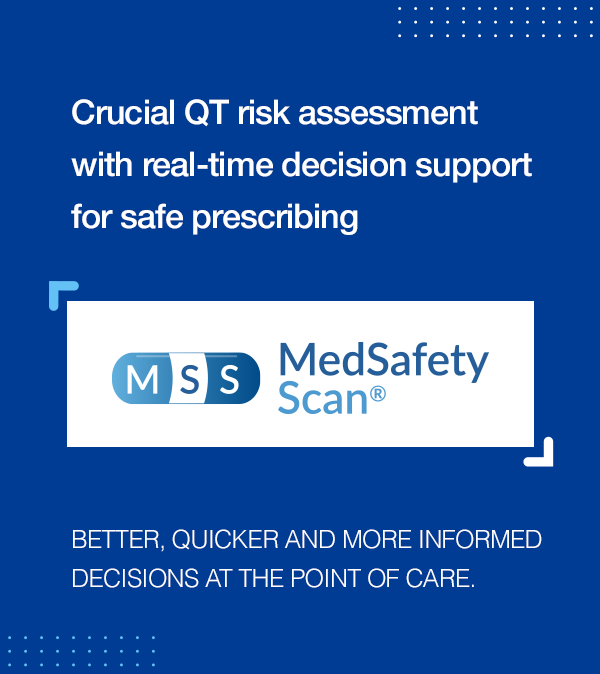
In the last 24-hours, there have been additional reports warning the public about the medicines being tested as possible treatments for COVID-19. See below:
-
AZ Couple took chloroquine phosphate - Man died; Woman in ICU
-
Virus Drug Touted by Trump, Musk Can Kill With Just Two Gram Dose
At this time, there is no drug treatment that has been found to be effective in patients with COVID-19 and none has been approved by regulatory agencies to treat COVID-19. Several antivirals (including favipiravir, remdesivir, umifenovir and lopinavir/ritonavir) and antiinflammatory antibiotic drugs (azithromycin) and antimalarials (chloroquine and hydroxychloroquine) are now being tested in clinical research for their potential benefit. Chloroquine, hydroxychloroquine and azithromycin) are known to prolong QTc and can cause potentially lethal arrhythmias (TdP). The combination of lopinavir and ritonavir is known to cause QT prolongation and is being followed to see if it also is associated with TdP arrhythmias.
Everyone, especially those with cLQTS, should know that these drugs have not been proven effective for COVID-19 and should only be taken if they and their doctors have thoroughly considered the potential benefits and risks. Also, we recommend QTc monitoring for all patients receiving these drugs for COVID-19, especially if they are being given in combination. Since remdesivir, umifenovir and favipiravir are not approved in the US, we cannot find many studies or data to review for their cardiac safety. For these drugs, there are no reports of QT prolongation or arrhythmias reported in the NLM PubMed database at this time. A study from Japan examined favipiravir for effects on QTc in normal subjects and did not find any prolongation. For such studies, we must point out that, for safety, they exclude patients with long QT. Therefore, we cannot be absolutely sure how patients with cLQTS would have responded.
Please continue to stay vigilant with all your medications and combinations by consulting with your doctor for the treatment of any condition.












